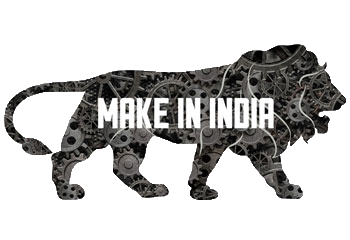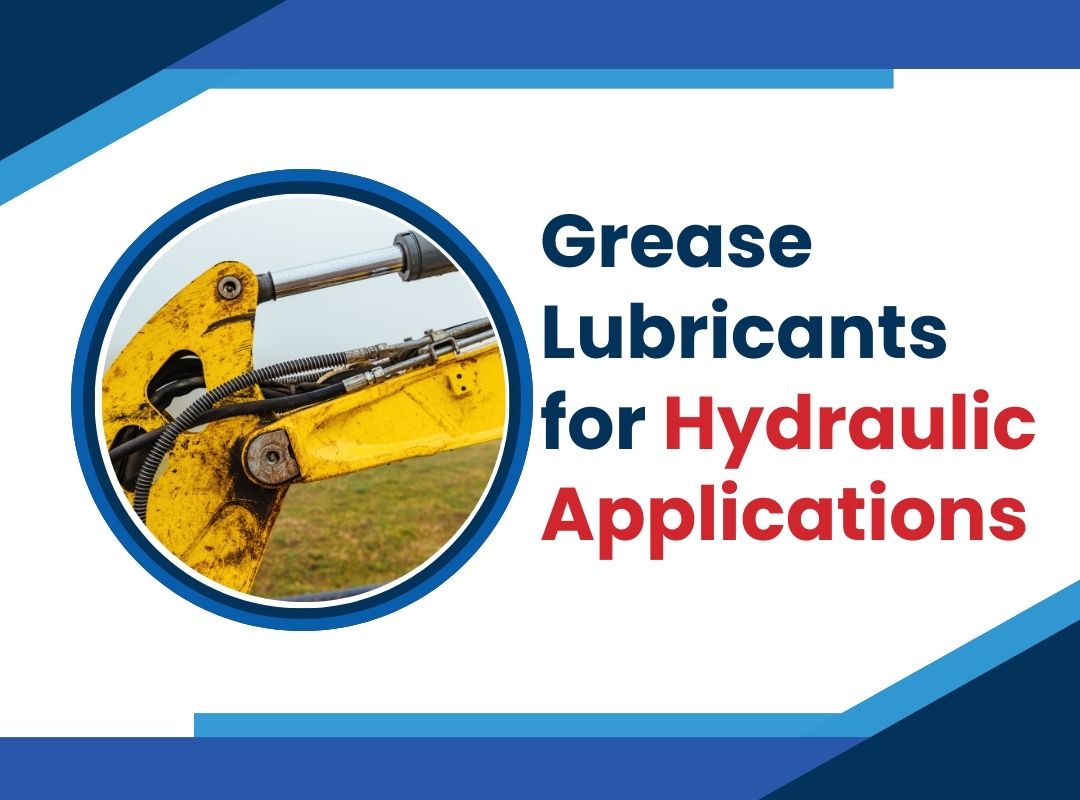Are you interested in learning about grease lubricants for hydraulic applications? Then you have landed on the right page. For this article, we have given a detailed analysis of grease lubricant and how it works.
Purpose of Hydraulic Grease
Grease is a semi-solid or solid lubricant formed due to the dispersion of thickening agents in a liquid lubricant. This grease is used in different applications as they tend to perform better than traditional lubricants. But we can’t assume that oil and grease are interchangeable just because they function the same. Both are different, and you can understand each one’s functionality when used in hydraulic equipment’s.
Apart from being used as a lubricant, grease can also serve other purposes. Some of them can act as a sealant and keep the contaminants out of sensitive components. Not only that, but grease can also work well with solid lubricants like graphite as it can hold the particles in suspension. But in the case of oils, solid lubricants would easily settle at the bottom. Dry lubricant features are much used in applications that require extremely high pressures.
Where is the Grease Used?
Generally, grease is used in machinery that runs continuously to improve its lubrication. Or when l is stored in a place for an extended period. This is because serious lubrication issues might arise if it is stored in a place for a long time. Apart from these, grease is also used in extreme operating conditions. These operating conditions may include high temperature, high pressure, and extreme loads.
Not only this, grease plays a crucial role in retrieving extremely worn-out components by maintaining a thicker film in large parts of the hydraulic jack machinery and extending the life of the parts.
What is Grease Made From?
Grease is a mixture of three things, namely, oil, thickener, and various additives. The oil makes up 70% to 90% of grease, and it provides the necessary lubricity. A thickener is either made of simple or complex metal soap, which makes up to 3% to 30% of the grease. As the name suggests, the thickeners give thickness to the grease. Additives help influence the desirable properties or reduce the undesirable ones.
What are the Properties of Hydraulic Grease?
The main function of grease is lubrication. Certain properties help grease do its job correctly. These properties are different from the properties present in lubricating oil. One such property is the viscosity; compared to oil, grease has a higher viscosity. This property forms a thick film that helps prevent the metal-to-metal surface interaction between parts like shafts and bearings.
Another crucial fact that must not be overlooked is the dropping point of grease. What does it mean? When the temperature increases, the grease begins to get heated and ends up getting soft. This contradicts its purpose of staying in a semi-solid state and starts to change its state, i.e., gets soft.
So it is crucial to check the dropping point of the grease you are using in hydraulic machinery. Other than this, there are multiple ways by which the grease can react to the temperature. Unlike oil, grease cannot dissipate heat, so grease gets transformed into a thick crust at high temperatures, and depending on the type of oil present in the grease, it can even burn. On the other hand, if the temperature drops, it becomes hard.
What are Grease Points?
The parts of the machinery where grease is used are known as grease points. It is also called lube points. These grease points need a regular check to ensure that they are lubricated enough to perform their role correctly. To apply grease in different areas of a Hydraulic Cylinder Jack machine, a gun is used to control the amount of grease going in and prevent the grease from getting contaminated before it is applied.
If you run hydraulic machinery, irrespective of its size, you must check the grease points and maintain it regularly. If it is neglected, these grease points tend to become the major source of problems. That’s all about the grease lubricants for hydraulic applications. Hope this article was of some help.


